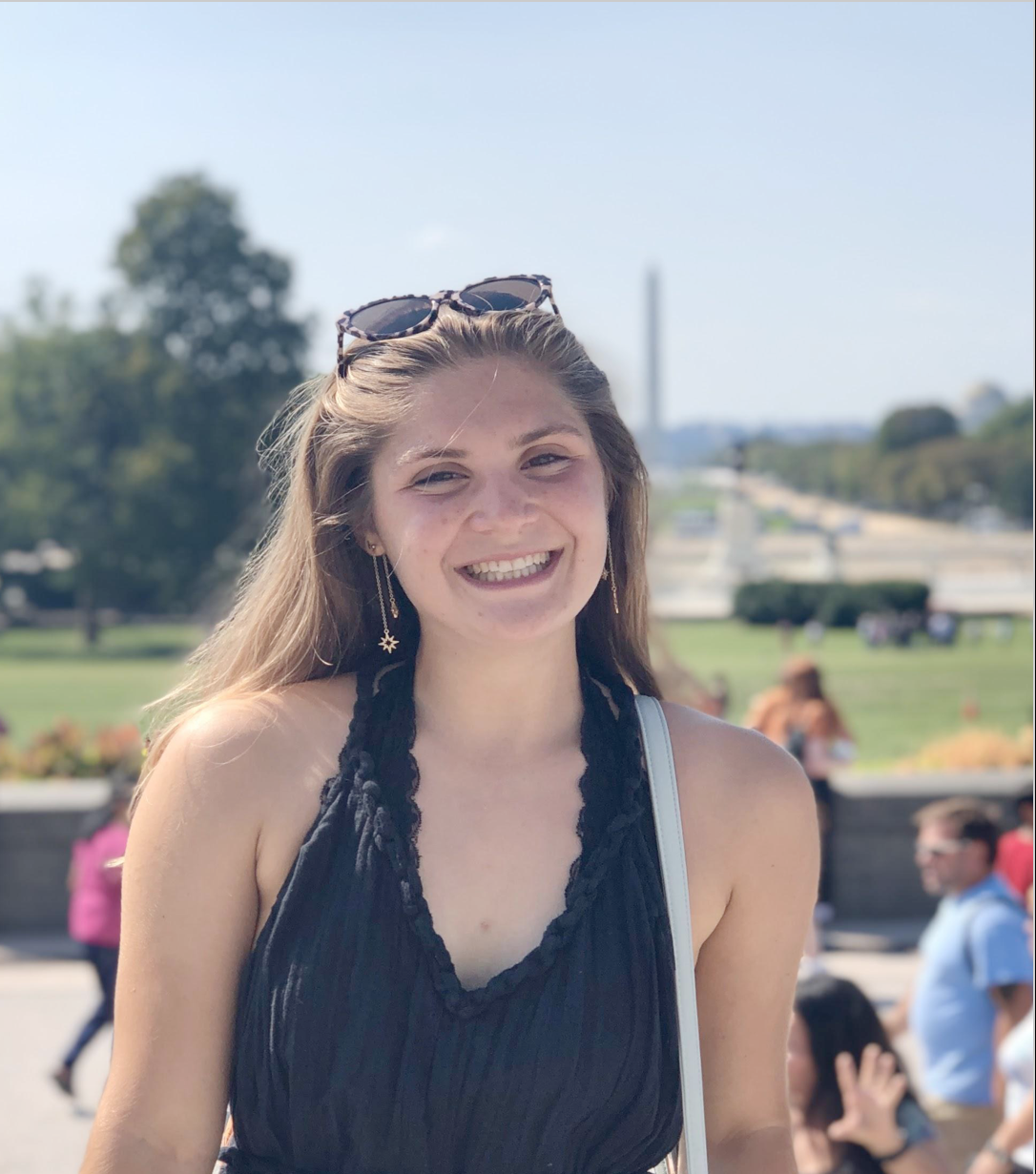Storytelling is, of course, a way to make sense of and provide insight into difficult situations, but it also makes them attractive. Like, a New Yorker article can be stone-cold sexy. And believe it or not, a lot of this year has yet to be even a soft smirk from a guy in a bar who clearly doesn’t call his mom, let alone stone-cold sexy. So, in mid-March when presented with the task of becoming an infectious disease pseudo specialist while also being sent back to Missouri from the Big City™, I found myself reading about people. I read and talked and listened to experts explain the nitty-gritty of the situation, but I also consumed hours of people worrying and praying about their mom, or their dad, or their school or their city. And while it may be a poor man’s shot at empathy, I find myself more inclined to wear a mask and keep my distance with the narratives in mind rather than the science. To act on principle alone is difficult and narrative creates opportunities to attach ourselves to principles in a more personal way.
Through collaboration with The Creative Process, I hope to create content with which people can relate and empathize. Beyond entertainment and information, story expands our ability to connect and act.
I wish that the binary thinking which surrounds our relationship with global warming would expand to include progress despite continued failure. It is necessary that both the powers that be and the individual work towards the larger goal. Sometimes it takes the ball rolling before the big structural change will be supported or realized. If COVID-19 has taught me anything it’s that to sit and watch the world burn is a hellish fate.
In the past year, the largest portion of my creative work has been for and with my sketch comedy and improv group. I’ve written both sketch comedy and stand-up as well as performed in long-form improv shows. This fall I’ll start my tenure as the group’s president and will run practices, editing, and staging. As well, I co-hosted Tap Water Teens, a pop culture and personality-based radio show and podcast, through GW’s radio, WRGW. The show ran for a semester on-air and has a limited series streamed through Spotify.
In addition to these projects with my peers, last summer I worked as a research and production assistant for a podcast revolving around the history of cannabis in the United States. The nature of the content was academic but also presented the morality and psychology, or lack thereof, which led to the current systems of perception, incarceration, and use.
Currently, I’m working with my former boss to produce a limited series podcast which presents the early 20s in an interview narrative form. Each episode consists of a casual interview in which college students dive into their best and worst of the past year. The goal is to create an authentic and story-based representation of a set of years often lost in the swell of late-teen-coming-of-age and mid-20s-whirlwinds content. While the range of perspectives and stories is immense, not dissimilar to The Creative Process, I want to create a platform that can both provide a breadth of experience and maintain a level of intimacy and depth.














































































